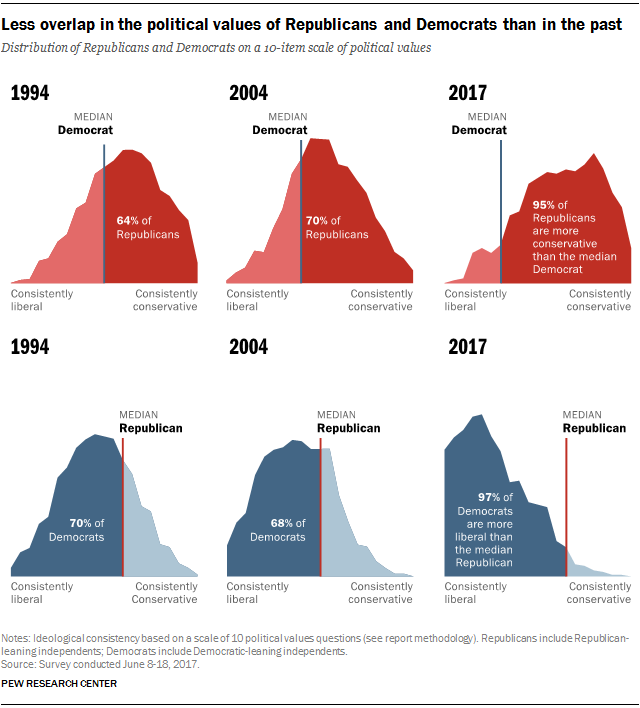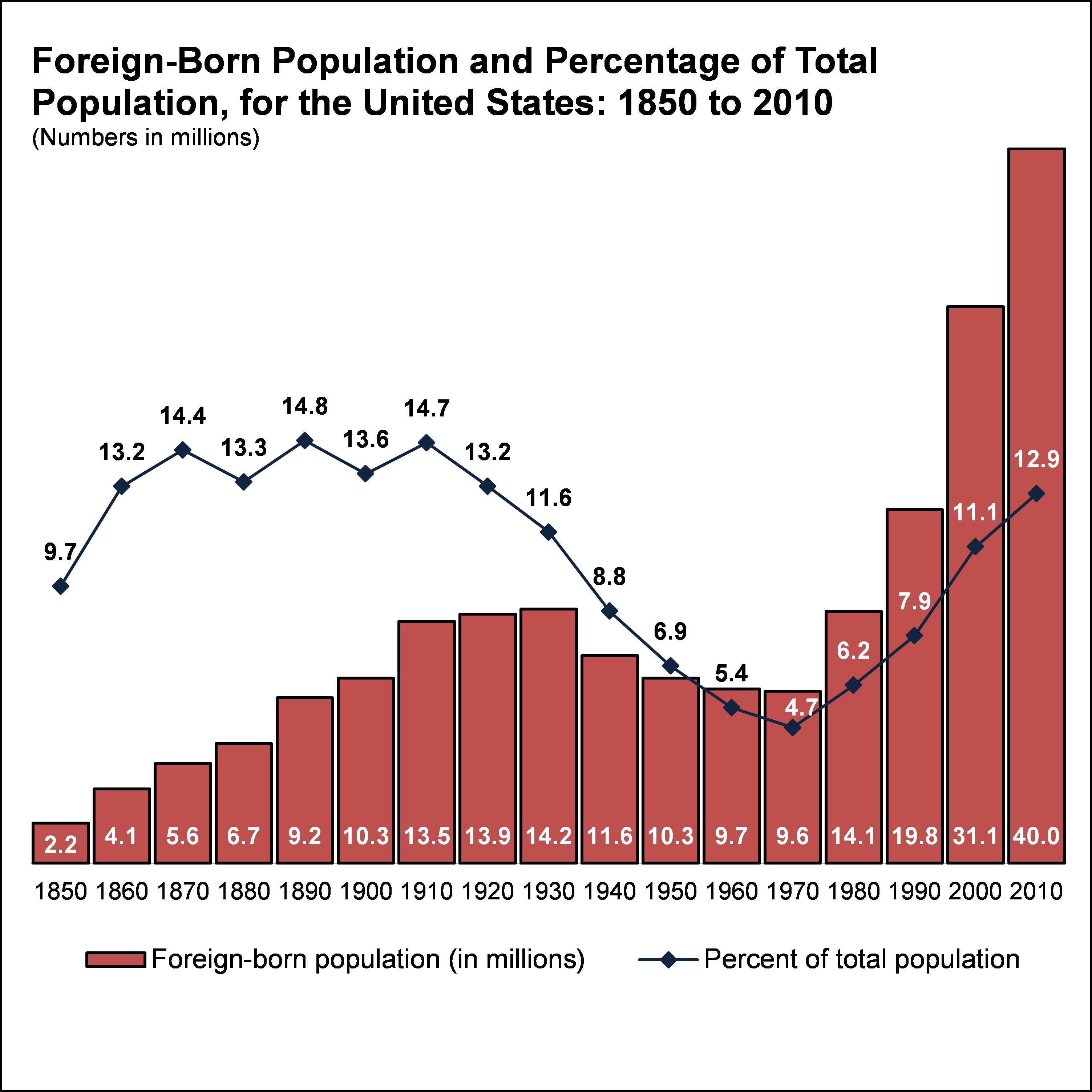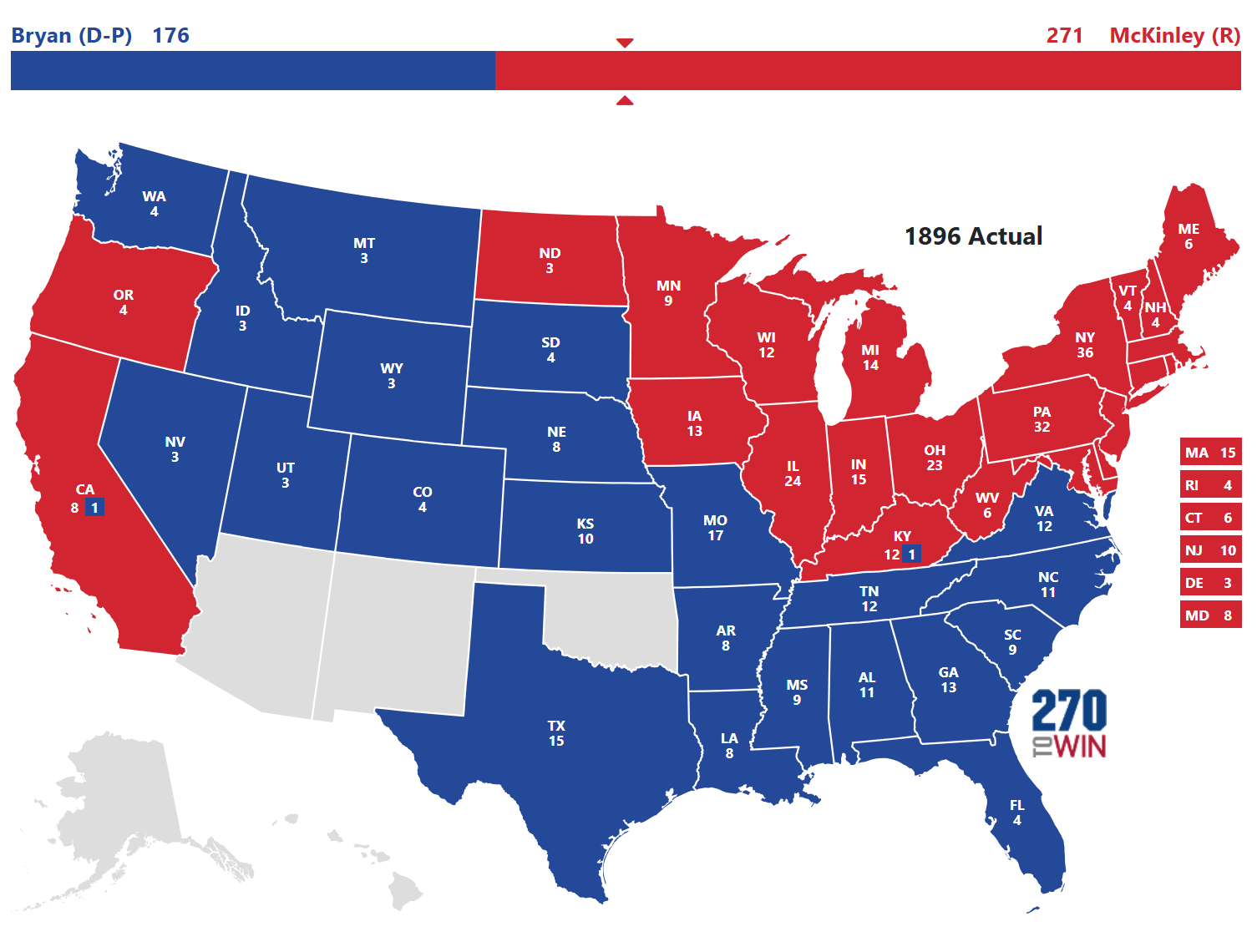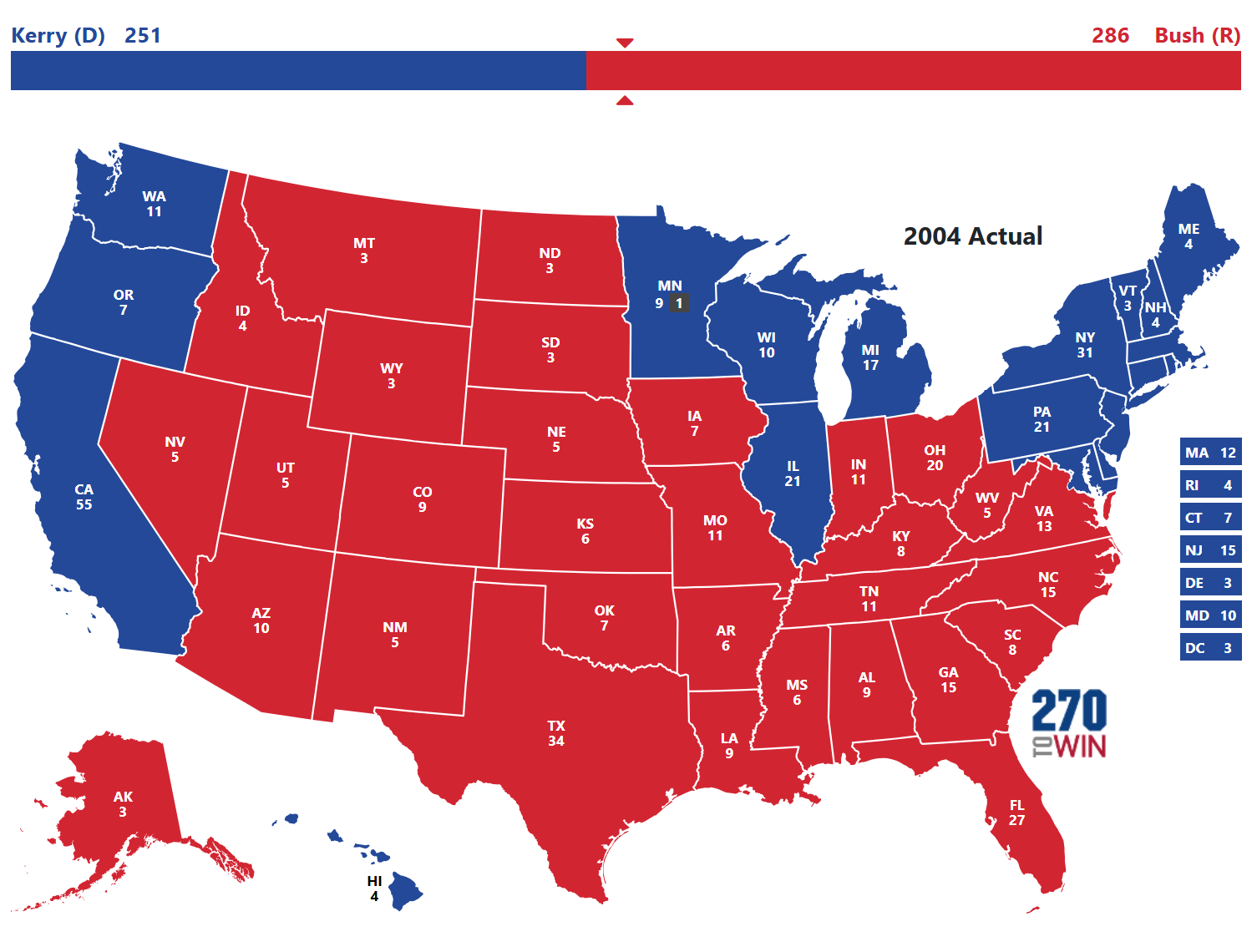DRAFT - SUBJECT TO CHANGE
American Political Parties
CMC Gov 123, Spring 2022
Monday and Wednesday 11 AM - 12:15 PM Classroom: Roberts North 105
J.J. Pitney -- Office: 232 Kravis,
Telephone: 951-323-0239
Student Hours: Monday through Thursday 1-2 PM, starting in February. During the first 2 weeks, by appointment. And once we resume in-person classes, I can also meet by appointment.
ZOOM: https://cmc-its.zoom.us/j/92228697468
General
For most of American history. basic features of the American constitutional system -- federalism, bicameralism, and the separation of powers -- tended to fragment and disperse the lines of party authority. American parties are not strict hierarchies but networks of ordinary voters, activists, and officeholders. In this respect, it is important to examine several dimensions of American parties:
- Parties in the electorate (PIE);
- Party organization (PO);
- Partisan outside groups (POG);
- Party in government (PIG).
In this course, we shall study all these dimensions and consider what they mean for democratic government. We shall also discuss trends that have changed the character of parties. Polarization is the increasing division between parties along ideological, personal, and even cognitive lines. Nationalization is the increasing tendency of state and local politics to align with national politics.
Classes
Class sessions will include lecture and discussion. Finish each week's readings before class because our discussions will involve those readings. We shall also talk about breaking news stories about Congress, so you must read a good daily news source such as Politico or RealClearPolitics.
Blog
Our class blog is at http://cmc-gov123.blogspot.com/. I shall post videos, graphs, news stories, and other material there. We shall use some of this material in class, and you may review the rest at your convenience. You will all receive invitations to post to the blog. (Please let me know if you do not get such an invitation.) I encourage you to use the blog in these ways:
- To post questions or comments about the readings before we discuss them in class;
- To follow up on class discussions with additional comments or questions.
- To post relevant news items or videos.
Grades
The following will make up your course grade:
- Three 4-page essays: 20% each
- One research paper: 25%
- Class participation, reading emails, blog: 15%
Details
- The papers will develop your research and writing skills. In grading, I will take account of the quality of your writing, applying the principles of Strunk and White’s Elements of Style. If you object, do not take this course, or anything else that I teach.
- You will each make a brief oral presentation on your research papers, both to give you experience with briefings and to supply you with comments and suggestions about your research.
- Class participation will hone your ability to think on your feet, as I shall call on students at random. If you often miss class or fail to prepare, your grade will suffer. I shall use the cold calls to judge how well you are keeping up with the material. If you object to this approach, do not take this course.
- By Thursday of each week, email me your reactions to that week's readings and discussions. In these emails, you may describe the overall theme of the readings, identify important information or concepts that you have learned, or raise questions or criticisms. These emails should be short -- one paragraph will be fine -- but they will provide me with a good sense of what you are getting out of the course.
- In addition to the required readings (below), I may also give you handouts, emails, and web links covering current events and basic factual information.
- Check due dates for coursework. Do not plan on extensions.
- Plagiarism and other forms of academic dishonesty are not victimless offenses, because they hurt fellow students. Please study our Statement of Academic Integrity, which reads in part: "The faculty of Claremont McKenna College is firmly committed to upholding the highest standards of academic integrity. Each faculty member has the responsibility to report cases of academic dishonesty to the Academic Standards Committee."
- This class welcomes viewpoint diversity. See: https://heterodoxacademy.org/library/advice-on-syllabus-language/
- Your experience in this class is important to me, and I have a particular interest in disability. If you have set up accommodations with Accessibility Services at CMC, please tell me about your approved accommodations so we can discuss your needs in this course. You can start by forwarding me your accommodation letter. If you have not yet established accommodations but have a temporary health condition or permanent disability (e.g., mental health, attention-related, learning, vision, hearing, physical or health), please get in touch with Assistant Dean for Academic Success and Accessibility Services, Maude Nazaire, at Accessibilityservices@cmc.edu to ask questions or begin the process. General information and accommodations request information are at the CMC Accessibility Services website. .
Required Books (make sure that you get the correct edition of each book.)
- Lee Drutman, Breaking the Two-Party Doom Loop: The Case for Multiparty Democracy in America (New York: Oxford University Press, 2020).
- Marjorie Randon Hershey, Party Politics in America, 18th ed.. (New York: Routledge, 2021).
- Sam Rosenfeld, The Polarizers: Postwar Architects of Our Partisan Era (Chicago: University of Chicago Press, 2018).
Schedule The schedule is subject to change, with advance notice.
Jan 19: Introduction
Jan 24, 26: The Two-Party System
“In any other country, Joe Biden and I would not be in the same party, but in America, we are.” -- Rep. Alexandria Ocasio-Cortez (D-NY)
- Hershey, ch. 1-2.
- Drutman, ch. 1-2.
Jan 31, Feb 2: Party History I
"Look at your houses, your parents, your wives, and your children. Are you prepared to see your dwellings in flames, hoary hairs bathed in blood, female chastity violated, or children writhing on the pike and halberd?" -- Connecticut Courant, September 30, 1800, on what the election of Thomas Jefferson would bring.
- Rosenfeld, introduction, and ch. 1-4.
Feb 7, 9: Party History II
"The whole world is watching! The whole world is watching!" -- Chicago protest crowd, 1968
- Rosenfeld, ch. 5-6.
- Drutman, ch. 3.
FIRST FOUR-PAGE ESSAY ASSIGNED FEB 9, DUE IN SAKAI DROPBOX BY FRIDAY, FEBRUARY 25.
READ STRUNK AND WHITE FIRST.
AND WATCH MY WRITING LECTURE.
Feb 14, 16: Party History III
"Things fall apart; the centre cannot hold;
Mere anarchy is loosed upon the world,
The blood-dimmed tide is loosed, and everywhere
The ceremony of innocence is drowned . . ."
-- William Butler Yeats
- Rosenfeld, ch. 7-8 and conclusion.
- Drutman, ch. 4.
Feb 21, 23: Party Organization
"To divide their county into small districts, and to appoint in each a subcommittee, whose duty it shall be to make a perfect list of all the voters in their respective districts, and to ascertain with certainty for whom they will vote. If they meet with men who are doubtful as to the man they will support, such voters should be designated in separate lines, with the name of the man they will probably support." -- Abraham Lincoln, Whig circular, 1840
Feb 28, March 2: Campaign Finance and Outside Groups
"We are under no illusion that BCRA will be the last congressional statement on the matter. Money, like water, will always find an outlet." -- Justices Stevens and O'Connor in McConnell v. FEC
- Hershey, ch. 12.
- Excerpts from Henrik M. Schatzinger and Steven E. Martin, Game Changers: How Dark Money and Super PACS are Transforming U.S. Campaigns (Lanham, Maryland: Rowman and Littlefield, 2020). On Sakai.
- Current readings on outside money. On Sakai.
SECOND 4-PAGE ESSAY ASSIGNED FEB 28, DUE IN SAKAI DROPBOX BY MAR 11.
Mar 7, 9: Party in the Electorate
Selina: Come on, let's go somewhere. Let's meet the public.
Mike: You want to normalize it?
Selina: Yes, exactly. I want to meet some regular normals. Where we gonna find them?
Mike: Photo op with the normals and the normalistas.
--Veep, season 1, episode 2.
Mar 14, 16: Spring Break
Mar 21, 23: Nominations and Elections
Joe Cantwell: I don't understand you.
William Russell: I know you don't. Because you have no sense of responsibility toward anybody or anything. And that is a tragedy in a man, and it is a disaster in a president. -- Cliff Robertson and Henry Fonda in The Best Man
Mar 28, 30: Party in Government
"So, I am to receive thirty percent for finance, for legal protection and political influence. Is that what you're telling me? I said that I would see you because I had heard that you were a serious man, to be treated with respect. But I must say no to you and let me give you my reasons. It's true I have a lot of friends in politics, but they wouldn't be so friendly if they knew my business was drugs instead of gambling which they consider a harmless vice." -- Vito Corleone (Marlon Brando) in The Godfather
Apr 4, 6: Oral Presentations
Apr 11, 13: Polarization
"I vividly heard officers screaming in agony and pain just an arms-length from me. One of those officers is here today. I, too, was being crushed by the rioters. I could feel myself losing oxygen and recall thinking to myself `this is how I’m going to die, trampled defending this entrance.'" U.S. Capitol Police Sergeant Aquilino A. Gonell
- Drutman, ch. 5-7.
- Readings on the January 6 insurrection. On Sakai.
RESEARCH PAPER DUE IN SAKAI DROPBOX
BY FRIDAY APRIL 15
Apr 18, 20: Third Parties and Electoral Reform
“Democrats are...the party that says government can make you richer, smarter, taller and get the chickweed out of your lawn. Republicans are the party that says government doesn't work, and then they get elected and prove it.” -- P.J. O’Rourke
- Drutman, ch. 8-9.
- J. Andrew Sinclair, Ian O'Grady, et al., "Crashing the Party: Advocacy Coalitions and the Nonpartisan Primary," Journal of Public Policy, (2017), 1-32. On Sakai.
THIRD 4-PAGE ESSAY ASSIGNED BY APR 18, DUE IN SAKAI DROPBOX BY MAY 6
April 25, 27: Appraisal I
“We're like a Third World country when it comes to some of our election practices.” – Donna Brazile
May 5: Appraisal II
“We all want progress. But progress means getting nearer to the place where you want to be. And if you have taken a wrong turning then to go forward does not get you any nearer. If you are on the wrong road progress means doing an about-turn and walking back to the right road and in that case the man who turns back soonest is the most progressive man.” – C.S. Lewis











